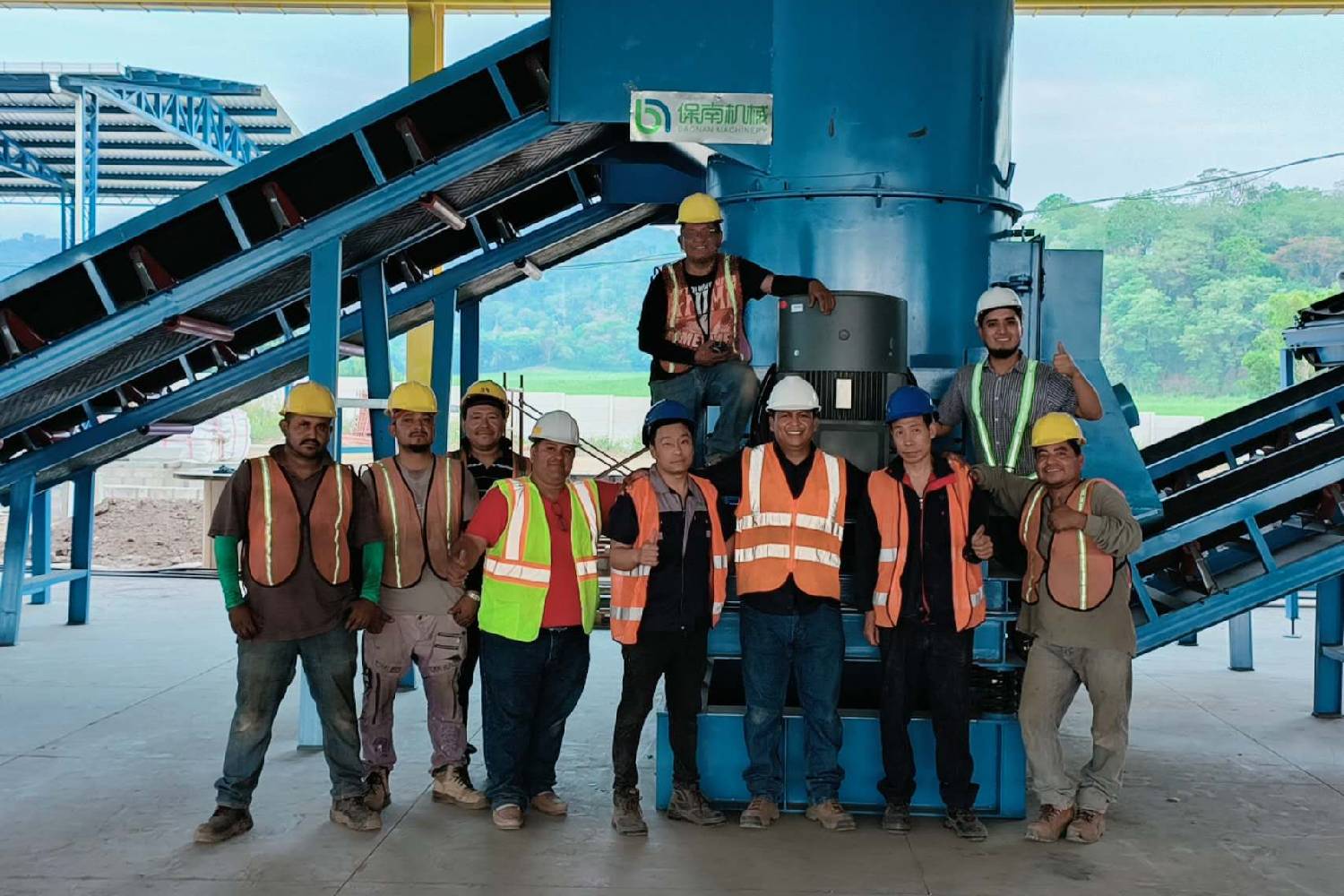

דצמ . 21, 2024 03:16 Back to list
How to Dispose of Circuit Boards A Comprehensive Guide
As technology continues to advance at an unprecedented rate, the production and disposal of electronic waste (e-waste) have become significant environmental concerns. Among the various components of e-waste, circuit boards stand out due to their intricate construction and the hazardous materials they may contain, such as lead, mercury, and other heavy metals. Proper disposal of circuit boards is crucial not only for environmental protection but also for resource recovery. In this article, we will explore effective methods for disposing of circuit boards responsibly.
Understanding Circuit Boards
Circuit boards, also known as printed circuit boards (PCBs), serve as the backbone for electronic devices. They provide a platform for electrical components and are made of layers of conductive material, typically copper, embedded in a non-conductive substrate. When these devices reach the end of their lifecycle, the question of disposal arises.
The Importance of Proper Disposal
Improper disposal of circuit boards can lead to significant environmental hazards. When buried in landfills, the toxic substances can leach into the soil and water systems, posing risks to wildlife and human health. Recycling circuit boards not only mitigates these risks but also conserves valuable resources by recovering precious metals like gold, silver, and palladium, which are often used in circuit board manufacturing.
Effective Disposal Methods
1. Recycling Programs Many local governments and environmental organizations offer electronic recycling programs. These programs are designed to safely collect and recycle e-waste, including circuit boards. It's essential to check with your community to find out where and when you can drop off your electronic waste.
2. E-Waste Collection Events Look for scheduled e-waste collection events in your area. These events are typically organized by municipalities or community groups and provide a free or low-cost way to dispose of your electronic waste responsibly.

3. Manufacturer Take-Back Programs Many electronics manufacturers have established take-back programs that allow consumers to return old or broken devices for recycling. When you purchase a new device, inquire if the manufacturer offers a take-back program for your old circuit boards.
4. Professional E-Waste Recycling Facilities If you have large quantities of circuit boards or other e-waste, consider contacting a professional e-waste recycling facility. These facilities are equipped to dismantle and recycle electronic components safely, ensuring that hazardous materials are handled according to regulations.
5. Donation and Resale If your devices are still functional, consider donating them to local charities, schools, or community organizations. Many non-profits accept working electronics and use them to benefit those in need. Alternatively, you can sell working devices online or at garage sales, extending their life cycle.
6. DIY Recycling For hobbyists or individuals with technical skills, another option is to salvage valuable components from circuit boards for personal projects. However, caution is advised as many components may contain hazardous materials. Ensure that you follow proper safety protocols and local regulations if you choose this route.
Safety Considerations
Before disposing of circuit boards, it’s essential to take safety precautions. If you're handling old electronics, make sure to wear gloves and eye protection. Be aware of any potentially harmful substances that may be present, such as lithium batteries, and ensure they are disposed of separately according to local guidelines.
Conclusion
Disposing of circuit boards requires a responsible approach to ensure environmental safety and resource recovery. Utilizing recycling programs, e-waste collection events, or professional recycling facilities can significantly mitigate the environmental impact of electronic waste. By making informed choices and promoting responsible disposal practices, we can contribute to a sustainable future, protecting our planet while harnessing the value of recovered materials. Remember, your actions can make a difference, so always choose the best disposal method for your circuit boards and other electronic waste.
Latest news
Eddy Separator for Non-Ferrous Metals
NewsAug.22,2025
E Waste Bin for Collected Spray Cans: Sustainable Disposal Solutions
NewsAug.22,2025
Dual Shaft Shredder with Adjustable Blade Gaps
NewsAug.22,2025
Hammer Crusher Machine With Secondary Crushing
NewsAug.22,2025
Copper Granulator Our Promise of Recycling Excellence
NewsAug.22,2025
Industrial Shredders Crafted for E-Waste Recycling
NewsAug.22,2025